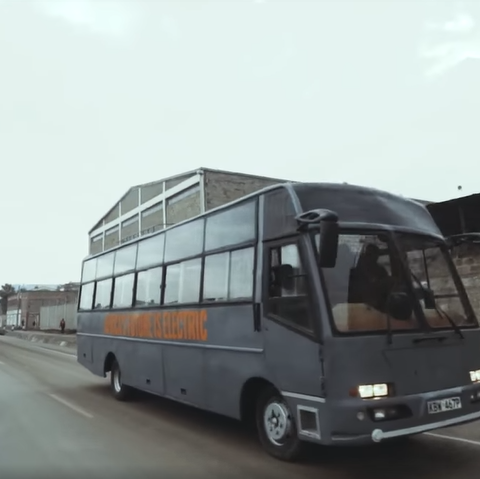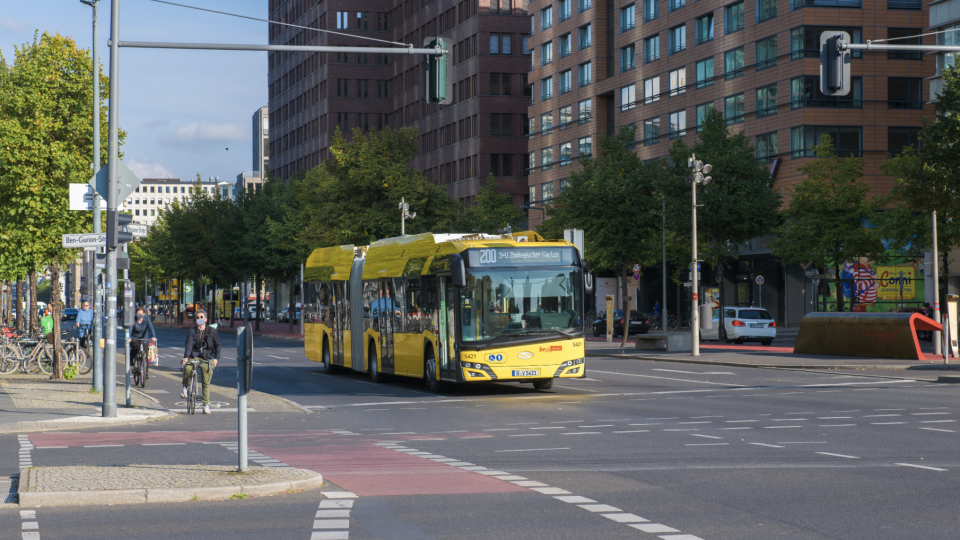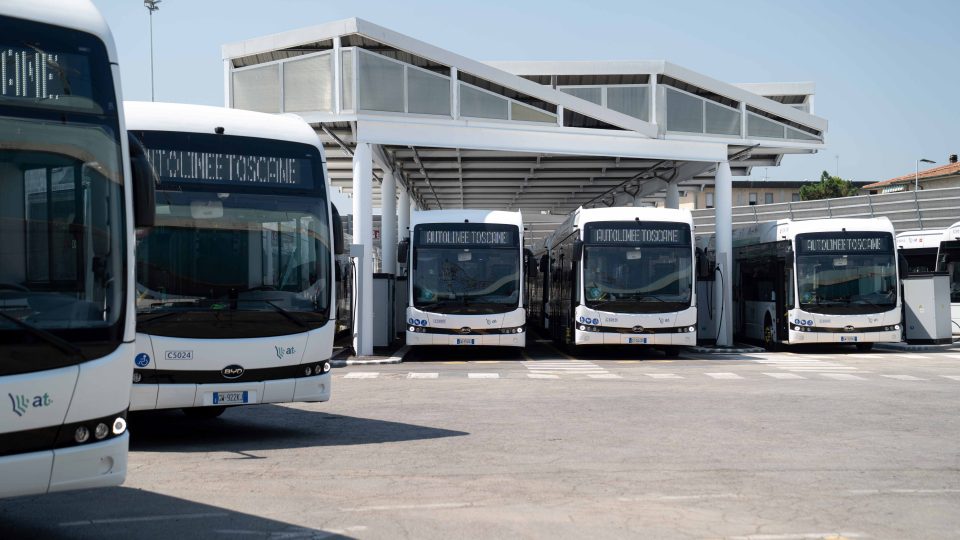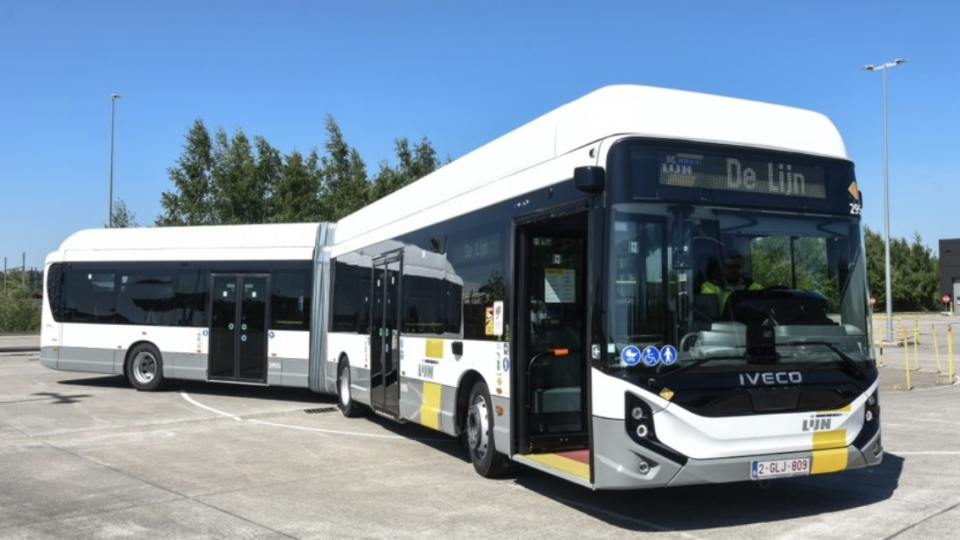Electric vehicles to power rapid transport in Kenya
The green revolution of electric transport is also sweeping Africa. Adoption of electric vehicles in Kenya is currently at 5% of the total vehicles present in the African country, and for the most part these are private vehicles. But there is a “but”: the situation is about to change in a major way after the […]

The green revolution of electric transport is also sweeping Africa. Adoption of electric vehicles in Kenya is currently at 5% of the total vehicles present in the African country, and for the most part these are private vehicles. But there is a “but”: the situation is about to change in a major way after the announcement that the new Bus Rapid Transit (BRT) network in Nairobi (the capital) will be traversed only by green vehicles (electric, hybrid and biodiesel).
As Techcrunch.com explains, the authority in charge of creating and implementing a transport system that is finally “reliable, efficient and sustainable” within the Nairobi metropolis has invited traders to submit their bids for the sale or lease of electric, hybrid and biodiesel buses to its administration. Also in the works is a light rail project to decongest the city, mentren the planned BRT network is expected to be completed by the end of 2022.
The mass transit vehicles envisioned by the BRT project will have dedicated lanes and a right-of-way that will make them faster than existing fossil fuel buses. For efficiency of administration, commuters will also be required to pay using digital technologies.
A great opportunity for EV startups in Kenya
Locally developed electric buses will most likely be among the first to ride the BRT when Opibus and BasiGo, two Kenyan EV startups-begin testing. Two weeks ago, Opibus launched its first electric bus on the country’s roads, while BasiGo is about to begin its pilot project . The two companies’ high-capacity electric buses fit the description of the type of vehicles the authority wants.
Opibus is planning a commercial launch later this year, with plans to expand to other countries in Africa by the end of 2023. Opibus, which has been converting gasoline and diesel vehicles to electric vehicles for the past five years, is now setting up an electric bus manufacturing plant in Kenya. Opibus’s brand-new 51-seat buses, with a range of 120 km, will cost $100,000, while the conversions will cost $60,000. BasiGo, on the other hand, will locally assemble the 25- and 36-seat buses, with a range of 250 kilometers, using parts sourced from Chinese EV manufacturer BYD Automotive.









